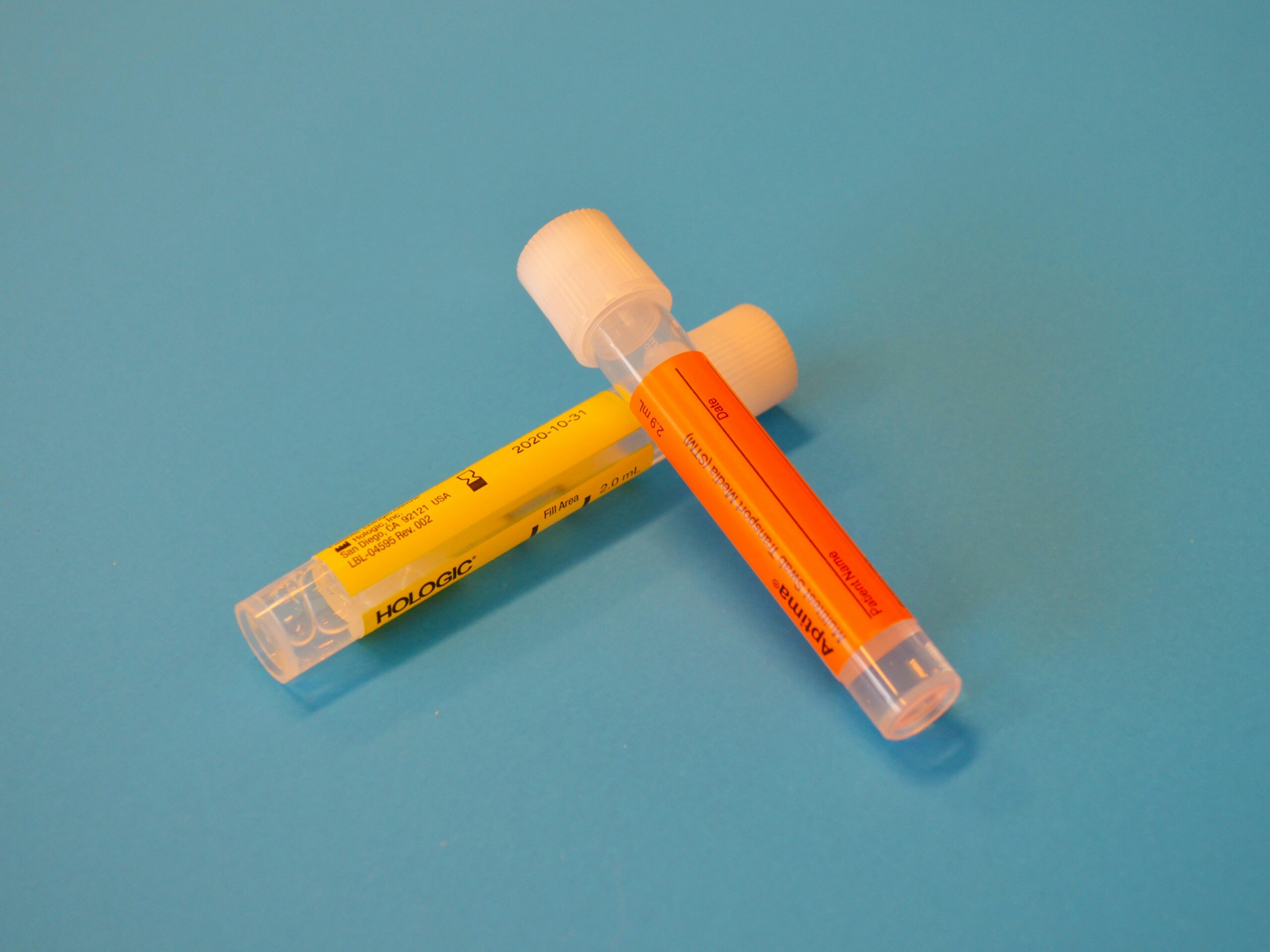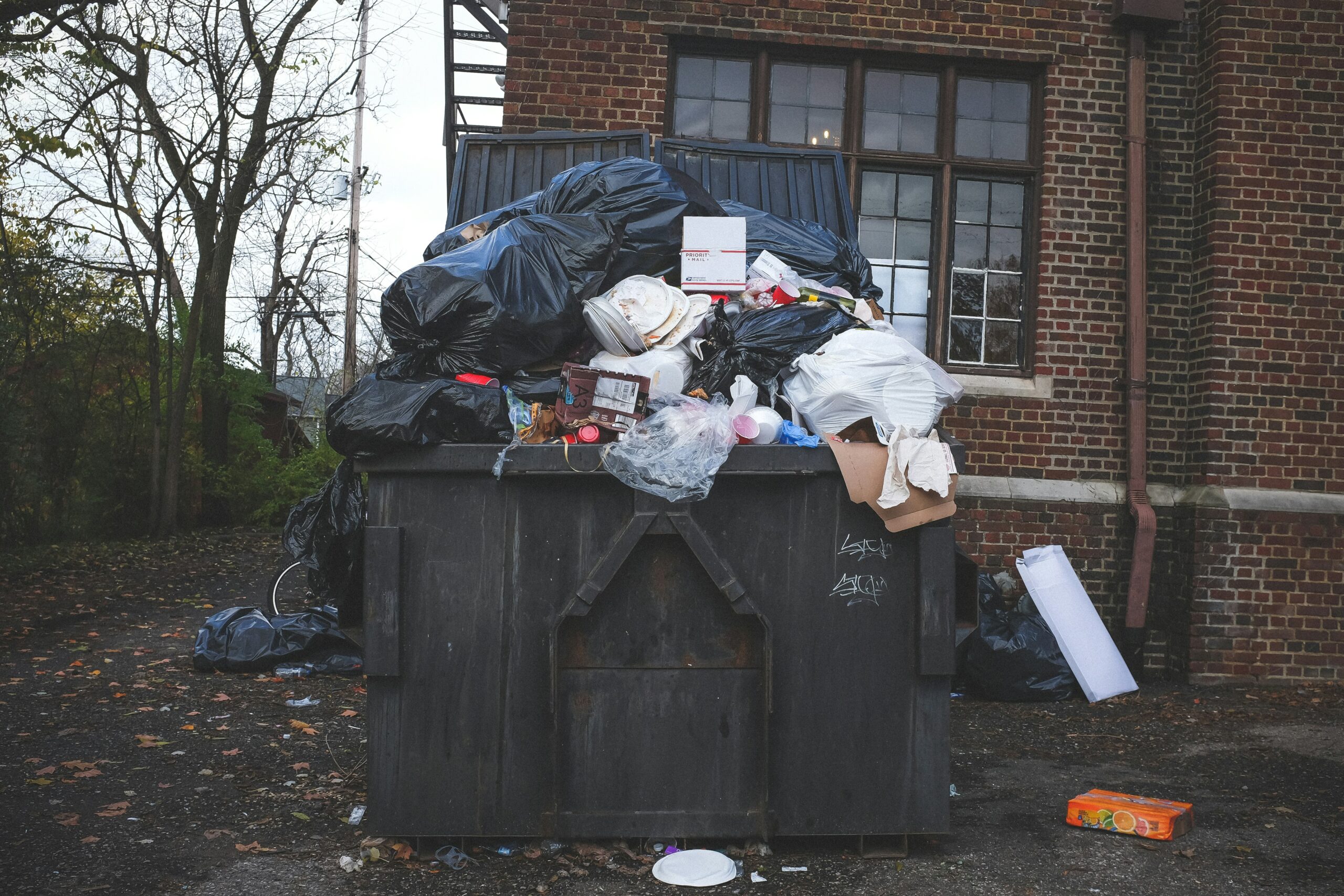Have you ever wondered if urinary incontinence could be the cause behind smelly urine? It’s a common concern for many, and understanding the connection between the two can shed light on potential underlying issues. In this article, we’ll explore whether urinary incontinence can indeed lead to smelly urine and what steps you can take to address this concern. So, let’s dive right in and uncover the truth behind this intriguing question.

Understanding Urinary Incontinence
Urinary incontinence is a condition that involves the involuntary leakage of urine. It is a common health issue that can affect people of all ages and genders. To better understand urinary incontinence, it is important to know its definition, the common types, and its prevalence.
Definition of Urinary Incontinence
Urinary incontinence refers to the unintentional and involuntary loss of urine. This loss of bladder control can range from mild leakage to a complete inability to hold in urine. It is important to note that urinary incontinence is not a disease itself but rather a symptom of an underlying medical condition affecting the bladder or urinary system.
Common types of Urinary Incontinence
There are several different types of urinary incontinence, each with its specific characteristics and causes. The most common types include stress incontinence, urge incontinence, overflow incontinence, functional incontinence, and mixed incontinence.
Stress incontinence occurs when there is pressure on the bladder, leading to leakage of urine during activities such as coughing, sneezing, laughing, or exercising. Urge incontinence, on the other hand, is characterized by a sudden and intense urge to urinate, often followed by leakage. Overflow incontinence occurs when the bladder doesn’t completely empty, leading to constant dribbling or frequent urination. Functional incontinence is caused by physical or mental limitations that prevent timely access to a bathroom, while mixed incontinence is a combination of two or more types.
Prevalence of Urinary Incontinence
Urinary incontinence is a fairly common condition that affects millions of people worldwide. It is more frequently reported among women than men, especially during and after pregnancy or menopause. However, it can also occur in men, especially as they age and face challenges such as an enlarged prostate gland. While urinary incontinence is more commonly seen in older adults, it can affect individuals of all ages.
Symptoms of Urinary Incontinence
Recognizing the symptoms of urinary incontinence is crucial for understanding and managing the condition. Here are some common signs to be aware of:
Uncontrolled leakage of urine
One of the primary symptoms of urinary incontinence is the uncontrolled leakage of urine. This may range from minor leaks to a complete loss of bladder control. In some cases, the leakage may occur during certain activities or movements, while others may experience constant dribbling.
Urgency to urinate
Individuals with urinary incontinence often experience a strong and sudden urge to urinate. This sense of urgency can be challenging to control, leading to an increased risk of leakage if a bathroom is not immediately accessible.
Urinating frequently
Frequent urination is another symptom commonly associated with urinary incontinence. This includes having to urinate more frequently than usual, both during the day and at night. It may disrupt sleep patterns and cause discomfort and inconvenience.
Nocturia or urinating at night
Nocturia refers to the need to wake up during the night to urinate. It is a common symptom of urinary incontinence, particularly in individuals with an overactive bladder or other underlying conditions. Nocturia can significantly impact the quality of sleep and overall well-being.
Causes of Urinary Incontinence
Understanding the causes of urinary incontinence is essential for effective management and treatment. While there are various factors that can contribute to this condition, here are some of the most common causes:
Aging
As we age, the muscles and tissues in the urinary system can weaken, leading to a higher risk of urinary incontinence. The bladder may not function as efficiently as it once did, affecting its ability to hold and release urine properly.
Urinary tract infections
Urinary tract infections (UTIs) can cause temporary urinary incontinence, particularly in women. The infection can lead to irritation and inflammation of the bladder, resulting in a loss of control over urine.
Bladder irritants
Certain substances can irritate the bladder, triggering urinary incontinence. Common bladder irritants include caffeine, alcohol, spicy foods, artificial sweeteners, and carbonated beverages. Limiting or avoiding these substances may help reduce symptoms.
Enlarged prostate in men
In men, an enlarged prostate gland can obstruct the flow of urine from the bladder, leading to urinary incontinence. This condition, known as benign prostatic hyperplasia (BPH), is more commonly seen in older men and can contribute to various urinary symptoms.
Explanation of Smelly Urine
Understanding the potential causes of smelly urine is important to address any concerns or underlying conditions. Here, we will explore the definition of smelly urine, common causes, and the connection between diet, medication, and smelly urine.
Definition of Smelly Urine
Smelly urine, also known as malodorous urine, is characterized by an unpleasant odor discharged during urination. While urine generally has a slight ammonia-like smell, certain factors can lead to an abnormal or foul odor.
Common causes for Smelly Urine
Several factors can contribute to smelly urine. One common cause is dehydration, as concentrated urine can have a stronger and more noticeable odor. Infections, such as urinary tract infections or sexually transmitted infections, can also cause a change in urine odor. Lastly, certain foods, medications, or medical conditions can result in smelly urine.
Linking diet and medication to Smelly Urine
Diet plays a significant role in urine odor. Consuming certain foods, such as asparagus, garlic, or onions, can cause a noticeable change in urine smell. Additionally, certain medications or supplements can affect urine odor, particularly those containing sulfur compounds.

Can Urinary Incontinence Lead to Smelly Urine?
Understanding the potential connection between urinary incontinence and smelly urine is crucial for managing both conditions effectively. Here, we will analyze the possible connection, the impact of urinary tract infections, and the role of leftover urine in the bladder.
Analyzing the possible connection
While urinary incontinence can be an uncomfortable and inconvenient condition, it typically does not directly cause a change in urine odor. However, certain factors related to urinary incontinence, such as urinary tract infections or an inability to fully empty the bladder, can contribute to smelly urine.
Incontinence and urinary tract infections
Individuals with urinary incontinence have a higher risk of developing urinary tract infections. These infections can cause an abnormal odor in the urine, often described as foul-smelling or strong. It is important to seek medical attention if urinary incontinence is accompanied by persistent smelly urine or other signs of infection.
The role of leftover urine in the bladder
In cases of urinary incontinence, some urine may remain in the bladder after urination. This leftover urine can create an environment where bacteria can grow, leading to a urinary tract infection and potential changes in urine odor. Treating the underlying cause of urinary incontinence and promoting complete bladder emptying can help reduce the risk of smelly urine.
Other Factors Leading to Smelly Urine
While urinary incontinence may not directly cause smelly urine, there are other factors to consider. These include dehydration, certain foods and medications, and rare genetic conditions.
Dehydration
Dehydration can result in concentrated urine, leading to a stronger odor. It is essential to stay hydrated by drinking an adequate amount of water throughout the day to prevent dehydration and lessen the chances of smelly urine.
Certain foods and medications
As mentioned earlier, consuming certain foods, particularly those with strong aromas, can cause changes in urine odor. Some medications may also impact urinary odor as they are metabolized and excreted through the urine. It is advisable to consult with a healthcare professional if you suspect a medication is causing a noticeable change in urine smell.
Rare genetic conditions
In rare cases, smelly urine may be associated with certain genetic conditions, such as Maple Syrup Urine Disease. These conditions affect the body’s ability to break down certain amino acids, resulting in distinctive urine odor. Genetic testing and medical evaluation are necessary to diagnose and manage these conditions.

How to Diagnose Smelly Urine and Incontinence
When experiencing symptoms of smelly urine and urinary incontinence, it is important to seek medical attention for proper diagnosis. Healthcare professionals may employ various methods to determine the underlying causes, including physical examination, urine tests, and bladder function tests.
Physical examination
A physical examination allows healthcare professionals to evaluate the external genitalia, pelvic floor muscles, and assess any signs of infection or abnormality. They may also inquire about medical history and any medications that could contribute to the symptoms.
Urine tests
Urine tests, such as urinalysis, help detect any signs of infection, such as bacteria or white blood cells. Additionally, urine culture and sensitivity tests may be performed to identify specific bacteria causing an infection and determine the most effective treatment.
Bladder function tests
To evaluate bladder function, healthcare professionals may conduct urodynamic tests. These tests assess the bladder’s ability to hold and release urine, measure its capacity, and evaluate the presence of any urinary obstructions or abnormalities.
Treating Smelly Urine and Incontinence
Treating both smelly urine and urinary incontinence involves addressing the underlying causes. Treatment options may include lifestyle changes, bladder training and pelvic floor exercises, medications, or, in certain cases, surgical interventions.
Lifestyle changes
Making certain lifestyle modifications can help manage urinary incontinence and reduce smelly urine. These changes may include maintaining a healthy weight, avoiding bladder irritants, practicing good hygiene, and establishing regular bathroom habits.
Bladder training and pelvic floor exercises
Bladder training and pelvic floor exercises, such as kegel exercises, can strengthen the muscles involved in urinary control and reduce the severity of incontinence. These techniques can help improve bladder function and potentially contribute to a decrease in smelly urine.
Medications
Depending on the underlying cause of urinary incontinence and smelly urine, healthcare professionals may prescribe medications to address specific symptoms. These may include anticholinergics, alpha-blockers, or antibiotics to treat infections.
Surgery
In some cases, surgical interventions may be necessary to treat urinary incontinence or correct anatomical abnormalities. Surgical options can vary depending on the individual’s specific needs and may include procedures such as sling placement, bladder neck suspension, or artificial urinary sphincter implantation.
Preventing Smelly Urine and Incontinence
While it may not be possible to prevent all instances of smelly urine and urinary incontinence, certain measures can contribute to minimizing the risk or severity of these conditions.
Hydration
Maintaining adequate hydration by drinking enough water throughout the day can help dilute urine and reduce its concentration, potentially reducing odor. Aim to drink at least eight glasses of water daily, or more if recommended by a healthcare professional.
Urination habits
Establishing regular urination habits can help prevent urinary incontinence and associated complications. Avoid holding urine for long periods and listen to your body’s signals for when to urinate. Additionally, empty the bladder fully during each visit to the bathroom.
Diet modification
While diet may not directly prevent urinary incontinence or smelly urine, certain modifications can help manage symptoms. Limiting or avoiding bladder irritants, such as caffeine, alcohol, and spicy foods, may help control incontinence episodes and minimize changes in urine odor.
When to Seek Medical Attention
In certain situations, it is important to seek medical attention promptly to address any concerns related to smelly urine and urinary incontinence.
Persistent smelly urine and incontinence
If you experience persistent smelly urine and urinary incontinence that does not improve with lifestyle modifications, it is essential to consult a healthcare professional. They can evaluate your symptoms, perform necessary tests, and develop an appropriate treatment plan.
Pain and discomfort when urinating
The presence of pain, burning, or discomfort when urinating, along with smelly urine, may indicate an underlying urinary tract infection or another condition that requires medical attention. Prompt evaluation is important for timely diagnosis and treatment.
Presence of blood in the urine
If you notice blood in your urine along with smelly urine and incontinence, it is crucial to seek immediate medical attention. Blood in the urine, known as hematuria, may signify a more serious underlying condition that necessitates prompt evaluation and management.
By understanding the causes, symptoms, and possible connections between smelly urine and urinary incontinence, individuals can be better equipped to seek appropriate medical care, make necessary lifestyle changes, and manage these conditions effectively. It is essential to remember that each individual’s situation is unique, and consulting with a healthcare professional is vital for personalized guidance and treatment.

